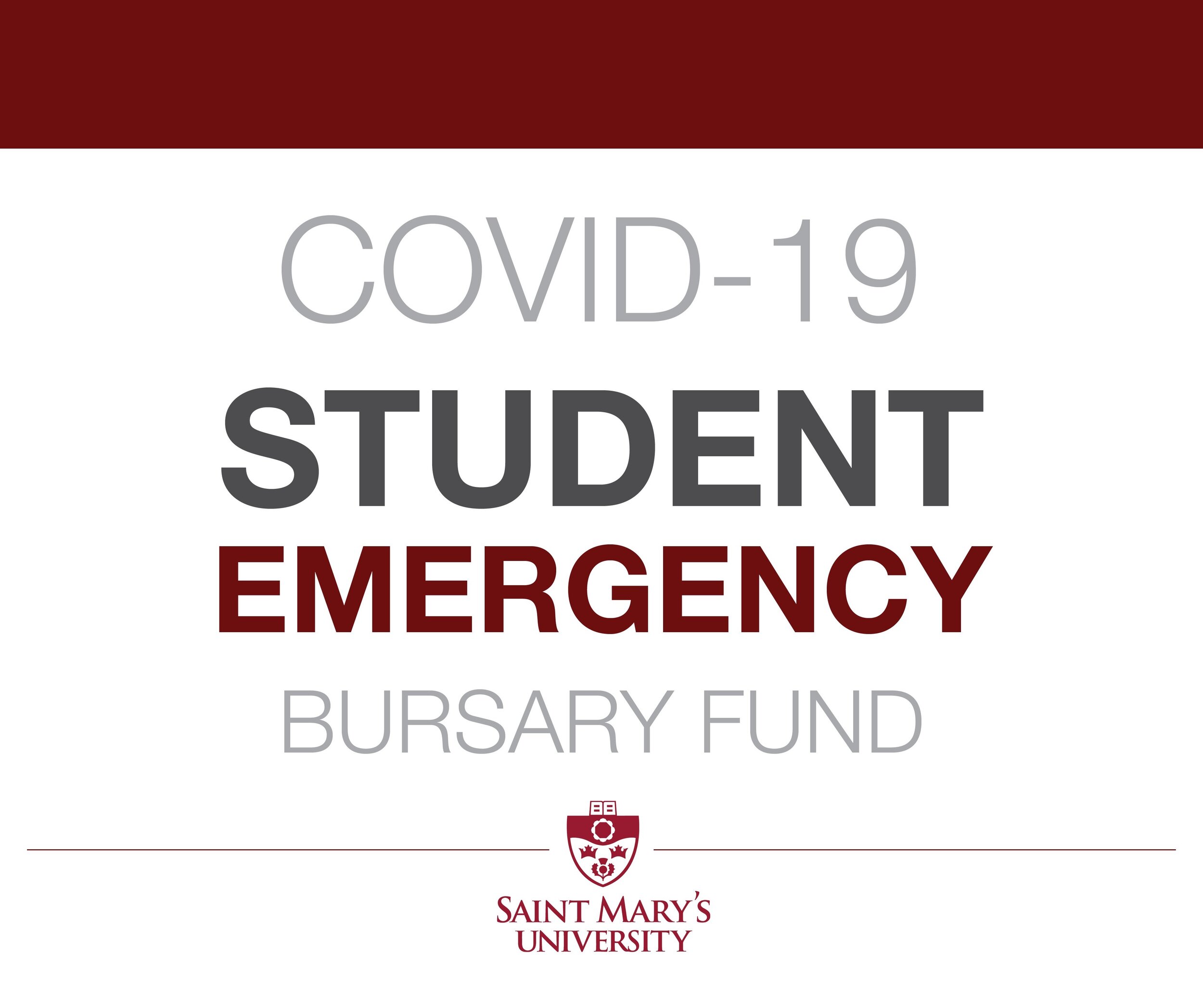Left: Robel Berhane, Chief Financial Officer: Top right: Katherine vanZutphen, Operations Manager; Bottom right: Guillermo Villarreal De Lara, President & CEO
Clean Catch Baits, a company that creates biodegradable fishing lures, is the winner of the inaugural Atlantic Canada 2020 AquaHacking Challenge.
Based out of Saint Mary’s University, Clean Catch Baits decided to address the challenge of microplastics in fishing gear. Their winning solution to this problem is a 100% biodegradable, PVC-free soft-bait fishing lure for recreational fishing, developed through a unique organic biopolymer solution. The people behind the idea and the company are Robel Berhane, Chief Financial Officer and a 4th year undergraduate student in Commerce; Guillermo Villarreal De Lara BComm’20, President & CEO; and Katherine vanZutphen BComm’20, Operations Manager.
“We are very happy to be the inaugural AquaHacking Challenge winners here in the Atlantic region,” says Guillermo Villarreal, CEO, Clean Catch Baits. “With this prize, we can expand the scope of our business and bring this solution into the hands of anglers across Atlantic Canada.”
The Atlantic Canada AquaHacking Challenge is a start-up competition designed to support technology and business development addressing environmental problems related to water. Through the Challenge, they then develop their solution into commercially viable products or services and establish start-up companies.
The following is a list of the five finalists, their rewards, and placements:
1st = Clean Catch Baits - $20,000
2nd = Well Warriors - $15,000
3rd = WIDE - $10,000
4th = ExTech MIP - $2,500
5th = What the Well $2,500
The teams can also match funds through the Mitacs Accelerate Entrepreneur program thanks to a national partnership between Mitacs Canada and Aqua Forum.
“Congratulations to all the organizers, sponsors and above all the finalists in the 2020 Atlantic Canada AquaHacking Challenge!” says Désirée McGraw, President & CEO of Aqua Forum. “I salute your ingenuity and for your commitment to a better future by solving wicked water problems. I am particularly pleased that, for the first time in the history of AquaHacking Challenges, a solution addressing the critical issue of microplastics wins. I cannot wait to see what the future holds for you and all the finalist teams. Thank you again for your dedication and for your participation.”
The AquaHacking Challenge is an initiative of Aqua Forum founded by the de Gaspé Beaubien Foundation in 2015 to support technology and business development addressing environmental problems related to freshwater. After five successful years in the Great Lakes and St. Lawrence Basin, AquaHacking went national for 2020 with regional competitions across Canada.
The Atlantic Canada 2020 AquaHacking Challenge is powered by the RBC Foundation, with support from the de Gaspé Beaubien Foundation along with other national and local sponsors.
For more information on the competition, the companies and their solutions, visit: https://aquahacking.com/en/2020-atlanticcanada/.













